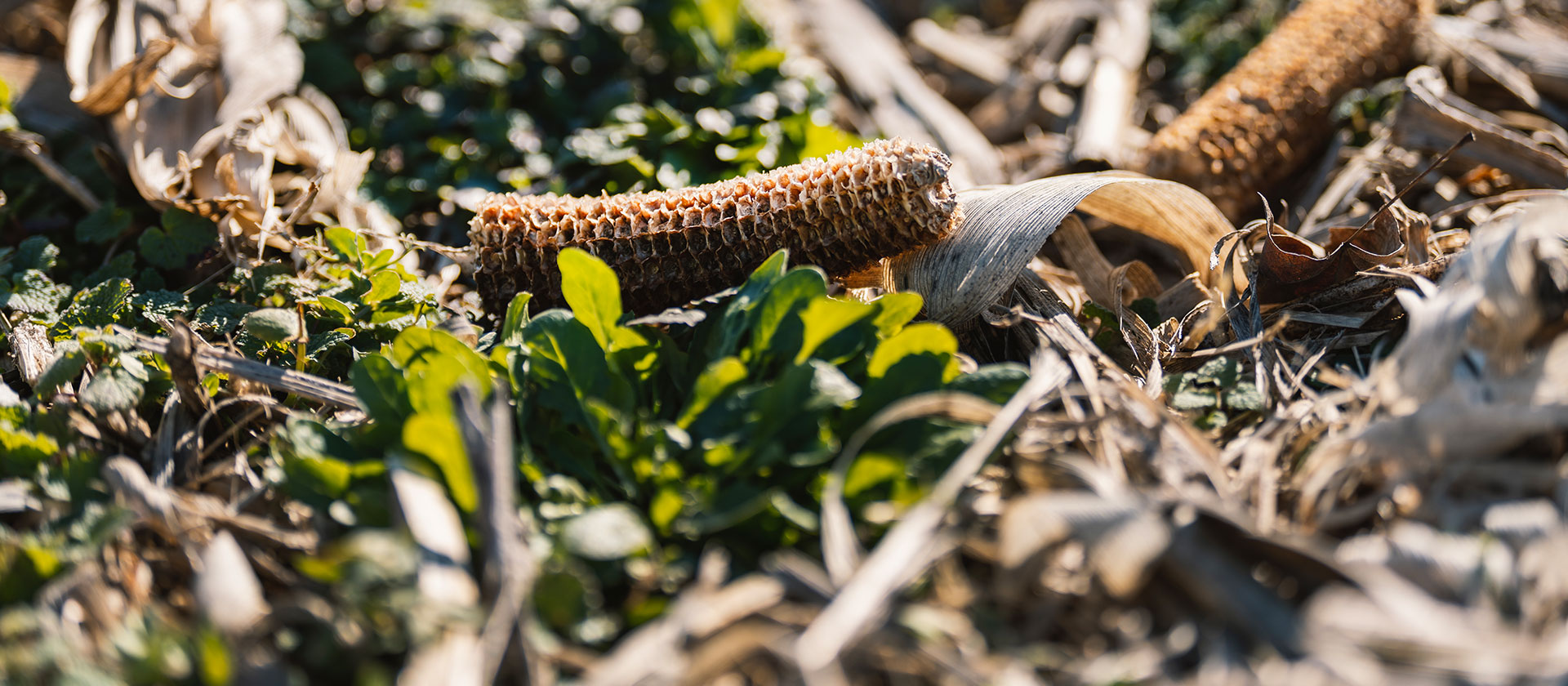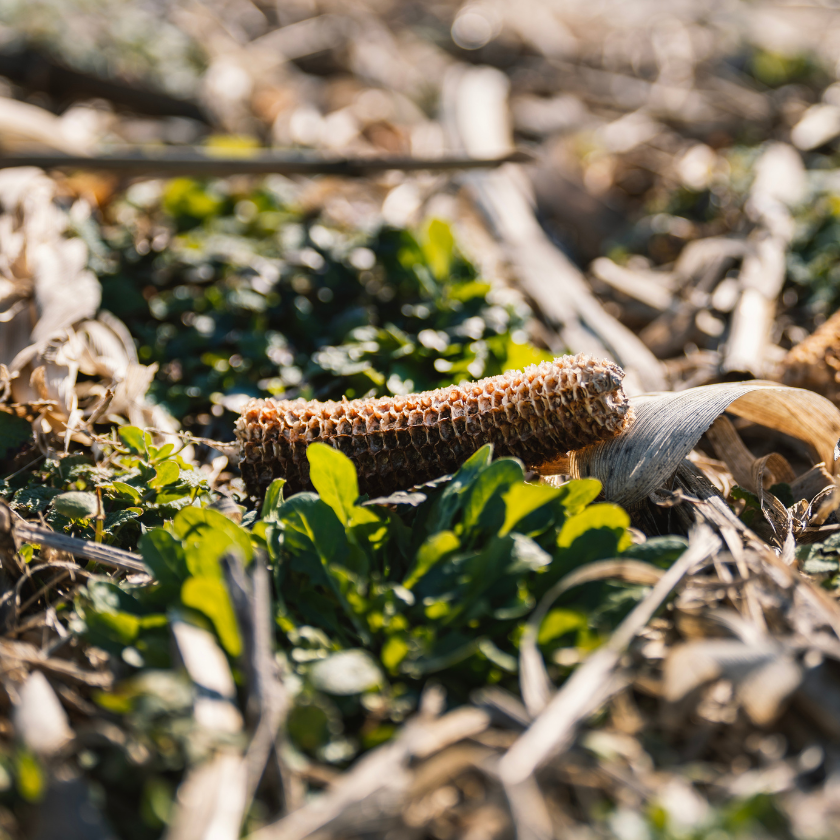At Corby, we are dedicated to the intrinsic connection between the land and the character of our products. From sourcing grains from local farmers to cultivating grapes and harvesting wild botanicals, Corby’s portfolio of wines and spirits reflects deep reliance on Canada’s natural resources. This commitment underscores Corby’s holistic approach to environmental responsibility, considering not only the direct impacts of our business activities but also the importance of preserving and enhancing the terroir of future generations which is aligned with the company’s goal of promoting regenerative agriculture practices and sustainable sourcing methods.
As part of Pernod Ricard’s 2030 roadmap, Corby has implemented several key targets to showcase our commitment to our Nurturing Terroir Pillar. We are currently covering 100% of key agricultural raw materials through comprehensive risk mapping, and working towards key materials are produced and sourced in alignment with sustainability standards.
In line with our target of implementing regenerative agriculture or biodiversity programs in our terroirs, the Foreign Affair Winery has approached regenerative agriculture techniques including cover cropping under the vines, creating dedicated pollinator gardens and using sheep to graze and reduce coverage rather than more harmful methods.
By embracing these initiatives, Corby not only is adding to the quality and sustainability of its products but also actively contributes to the health of the ecosystems from which they originate. To learn more about Pernod Ricard’s global environmental policy, sustainable agriculture key principles, and biodiversity guidelines please see below:


